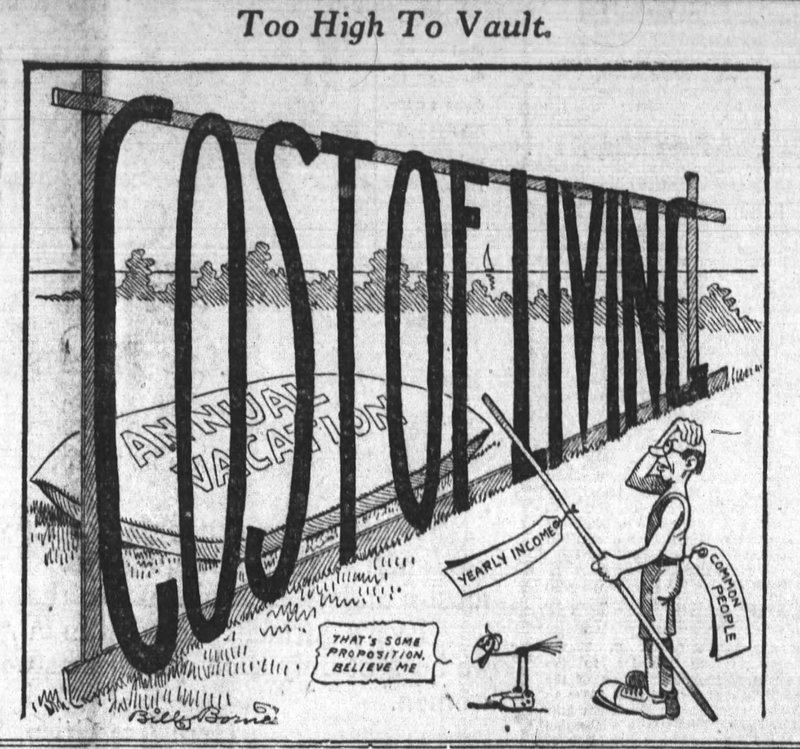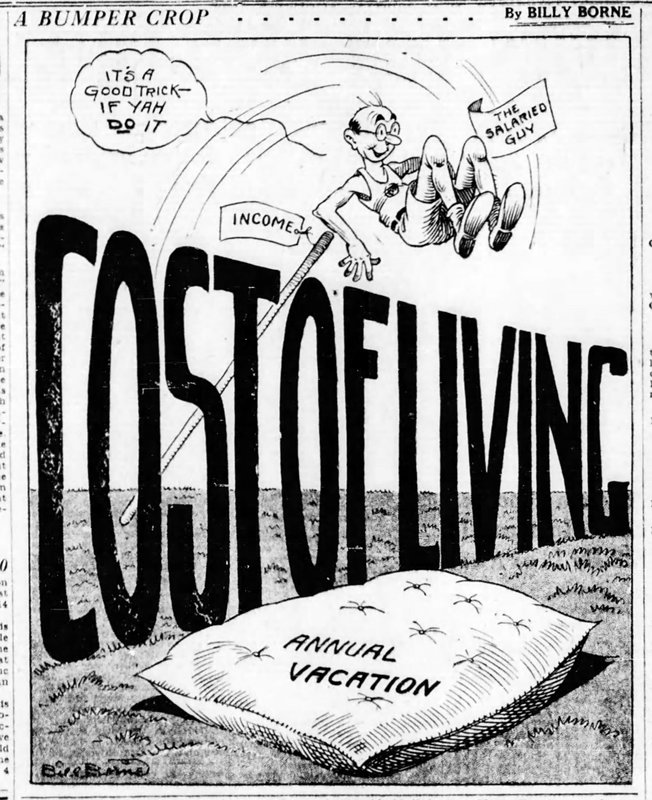

You never know where a digital humanities project will start – or end up. What starts as a project to engage students could also grow up to be a unique research archive for historians.
While teaching at Asheville-Buncombe Technical Community College, David Dry had an idea: use “this day in (local) history” bits to engage his students. It turned out to be a great idea – and an open archive of materials called Cartoon Asheville.
While gathering his local history bits from the Asheville area, Dry was “struck by the cartoons” he found in the Asheville Citizen.
Dry decided to share the cartoons in his classes. The cartoons by Willis “Billy” Borne gave students a local connection to major events covered in the class. From World War I to women’s suffrage to Prohibition, the cartoons gave students a view from their own area.
Dry points out that this “pulse” on history is white, male and early-20th-century Democrat. That means that there’s material in the cartoons that ranges from insensitive to overtly racist and sexist. But, that just gave students more ways to work with them.
Dry shared that he encouraged to use the cartoons as primary sources. They did and he got “very favorable responses” from students.
Now, Dry teaches at the North Carolina School of Science and Mathematics in Morganton. It’s a new campus and Dry is thinking about reviving his use of Cartoon Asheville.
After his time in the Asheville area, Dry went to Chapel Hill to complete his Ph.D. His research isn’t focused on cartoons or the period covered by his archive! So, the collection was online, but he wasn’t using it as often.
Still, he sees is as a useful teaching tool and is hopeful that others will use the collection in their research.
While it started as a one-person, teaching-focused project, he says the research potential of the material could be high. For local historians, the uses are obvious. For others, this unique collection of almost 20 years of cartoons can extend the local focus. Historians focused on communications, social movements, art and more could work with Borne’s cartoons.
Cartoon Asheville is a project with a practical focus: bring history alive for students. It’s also a thoughtfully built, easy-to-use online archive.
Dry is most proud of the tagging he added to the entries. They allow a lot of flexibility for users. There’s browsing, there are collections and there are the tags. Some tags are thematic (“bigotry” or “politics”) and some are names (“Asheville” or “Al Smith”). This means it’s possible to follow multiple paths through the cartoons.
The collection has over 6,000 items. The cartoons were created between 1907 and 1928.
As Dry returns to teaching, he’s looking forward to bringing his project back into regular use. And he’s also hoping to spread the word about it so others can find uses for it, too.
Check it out – and check out other stories about Dry’s small but mighty digital humanities labor of love (of teaching):
- Explore Cartoon Asheville.
- Read a recent Reviews in Digital Humanities piece: Review: Cartoon Asheville by Bart Schmidt.
- Read Dry’s History@Work blog post from 2019.
